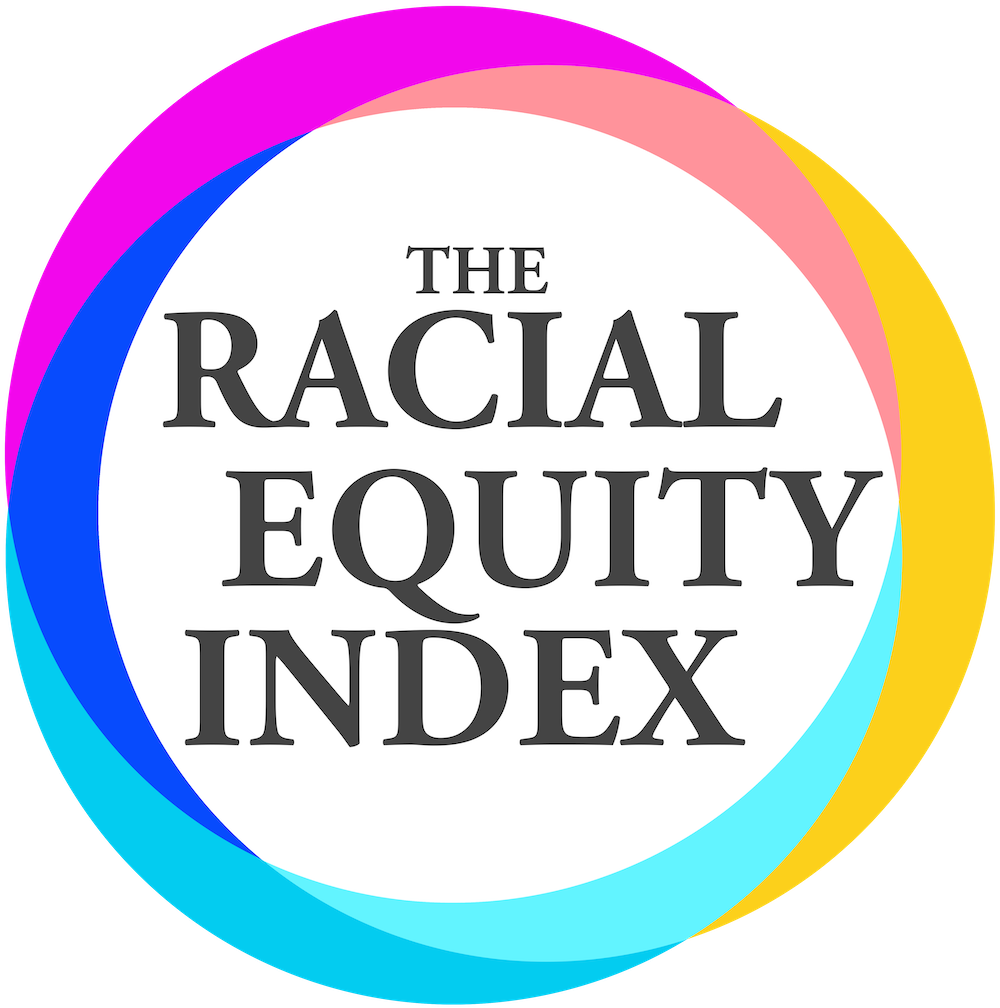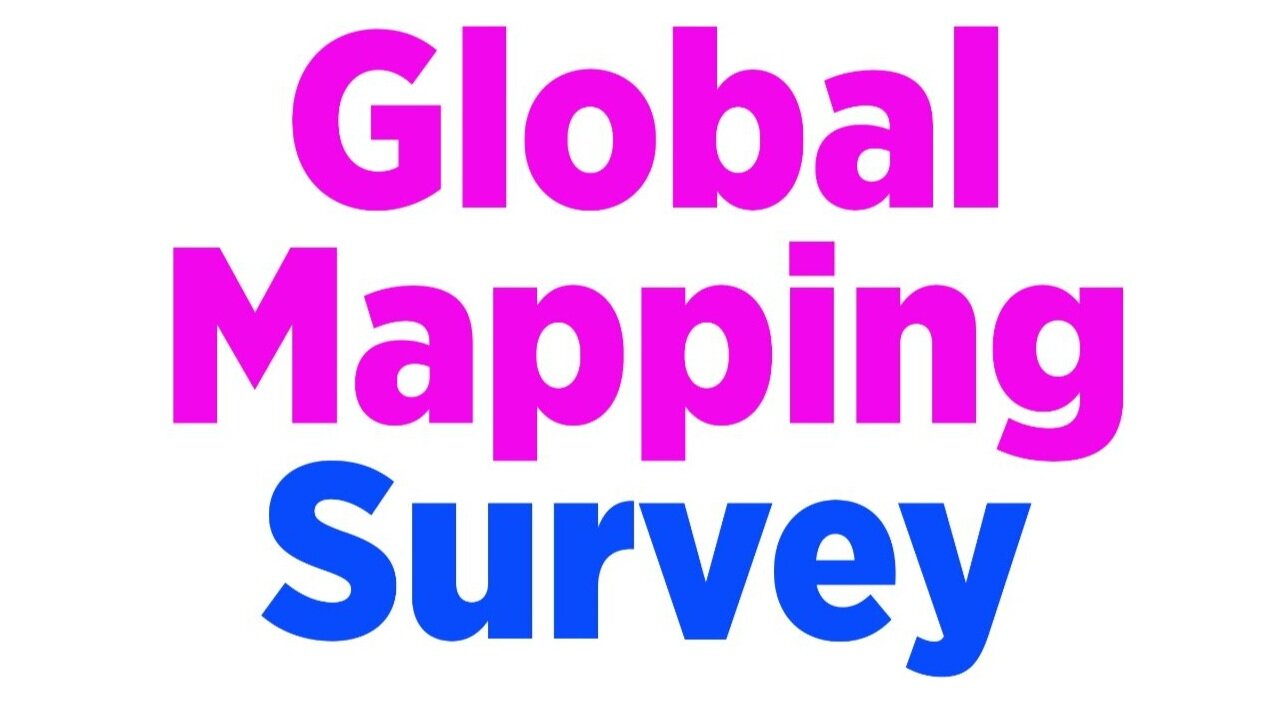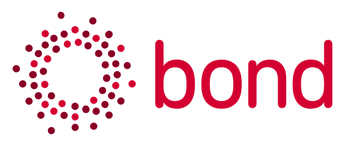This survey forms one of the first steps of the Racial Equity Index Working Group to create a definition of Racial Equity within the Social Justice and Global Development space. This work of collective building of the index means that we are seeking responses from those most impacted and affected by systemic racism within the sector.
The Global Mapping Survey is now closed. Thank you to each and every person - especially BIPOC people - who took the time to share your response. Stay tuned for our analysis and next steps!
A Note On Language Translations:
Through the survey development process The Racial Equity Index group noted how language itself is steeped in colonialism and imperialism. This resulted in the translation process for the survey itself often feeling triggering and traumatising for the survey development team. We note that the terminology used to identify racial-identities is using language that may not resonate with everyone, but we ask respondents to answer the questions to the best of their ability, and we intend to continue to explore how language itself is rooted in racism in the next phases of our process.
Global Mapping Survey Indicators
The following indicators and definitions were developed by the Racial Equity Index for use for our Global Mapping Survey. We will use these indicators and their definitions to inform our work as we move forward in building the index for racial equity.
MISSION
This indicator refers to how an organization prioritizes racial equity within its mission and values.
PROGRAMMING
This indicator refers to how an organization engages impacted populations in programming from strategy and design to implementation through monitoring and evaluation.
FUND ALLOCATIONS & GRANTMAKING PRINCIPLES
This indicator refers to how organizations - specifically funders (foundations, philanthropists, individual donors) determine how to allocate funding and if their funding criteria centres principles of racial equity from a grantmaking perspective.
SOURCES OF FUNDING
This applies to organizations receiving funding. Key ethical and equitable principles, criteria and mechanisms governing resource mobilisation are in place and enforced that respect transparency, doing no harm, confidentiality, being fair and socially responsible.
EXTERNAL PARTNERSHIPS/ RELATIONSHIPS
An indicator to reflect on how organizations formulate partnerships and the criteria for choosing partnerships, whether or not the partners align with values of equity while also taking into account building relationships between partners that recognises the different power dynamics between geographies and size of organizations.
COMMUNICATIONS
An equitable process by which information is exchanged, especially between the organizations and the communities they work with, and how narratives and images are being developed, created, and presented.
WORKPLACE CULTURE
The culture of an organization refers to the enabling environment that fosters inclusive and equitable spaces or catalyzes harm and the intentionality with which the organizational structure has been designed to incorporate values and commitments to equity from a development perspective to decolonization from a development/aid perspective.
LEADERSHIP
This indicator refers to the makeup of an organization’s leadership team - whether or not leadership at all levels (from management to senior leadership to the executive board) is representative and inclusive of the groups and communities that the organization works with.
HUMAN RESOURCES MANAGEMENT
This indicator refers to whether the organization has systems and processes that are focused on equitable hiring practices, strategies and measurable goals for strengthening diversity and inclusion in the workplace, and procedures in place to protect employees from workplace retaliation (i.e. safeguarding and whistleblowing procedures).
SALARY
This applies to salaried employees. This indicator is defined as a transparent system of payments and process for employee advancement from organizations to employees, both in-country and in head office, in exchange for their work, which includes an acknowledgment of the pay gap across gender, race, nationality, geography, etc and the willingness to work towards a more equitable salary structure.
COMPENSATION
This indicator refers to an organization’s transparency and equity within its compensation structure and processes for consultants and contractors that prioritizes experience and expertise and takes into account the costs of basic benefits (such as healthcare - which the consultant or contractor will have to pay for through the compensation offered) and the type of contracts needed for the specific project or work being requested.
Global Mapping Survey FAQ’s
Why a survey on racism in Global Development Now?
The global development sector has a poor track record as it relates to engaging with issues of racial equity and racial justice in a meaningful manner. This is particularly stark when we acknowledge the colonial roots of modern global development practice. 2020 exposed the breadth and depth of racial inequity and injustice across the world and the extent to which the lives of Black Indigenous People of Colour (BIPOC) individuals and communities were being harmed.
Why was the Racial Equity Index created?
The Racial Equity Index was created in response to the crescendo of superficial statements of solidarity from organisations in the global development and social justice space.
Who is part of the Racial Equity Index?
We are a collective consisting of a working group and peer review group formed by Black, Indigenous and People of Color (BIPOC) people, all of whom have direct and personal experience of racial inequity in global development. All members of the working group and peer review group are volunteers.
What is the Racial Equity Index trying to achieve?
The purpose of the Racial Equity Index is to produce an index and advocacy tools that will provide greater accountability for racial equity within and across the global development sector in order to dismantle structural racism and create a more equitable system and culture, with justice and dignity at its core.
We conducted a landscaping assessment in October 2020, which showed only two (2) out of the seven (7) global indices on equity focus explicitly on racial equity, and these were primarily focused on the private sector. The Racial Equity Index is the only one of its kind - a BIPOC created index focusing on racial equity across the entirety of the global development and social justice space.
What is the purpose of the Global Mapping Survey?
The Global Mapping Survey forms one of the first steps we are taking to explore the dimensions of racial equity to help the sector create a true and authentic index and definition of Racial Equity for the global development space. The development of this survey is community-led and collaborative. We want to make sure we are hearing from those most impacted and affected by systemic racism in the sector, and so this is one of the reasons why the survey is being launched in Chinese, English, French, Portuguese, Italian, Indonesia, Serbian, Spanish, Kurdish and Swahili.
Why are the questions primarily focused on racism?
Our primary focus is the intersection of racism and global development. And for this general global survey this is what we are collecting information on now. This will allow us to develop a robust methodology and analysis as the first step. In our detailed survey (which will be sent out after focus group discussions) we will be exploring multiple intersections along with developed indicators.
Why should you fill out this survey?
The purpose of this Global Mapping Survey is to assess trends of racial equity across geographies and diverse populations. The REIndex group understands that some of the questions the survey asks may be hard for BIPOC populations across the global development sector, as they may open old and fresh wounds from experiencing daily microaggressions and racism in your workplace and across the overall sector. Our intent is not to collect these stories for collection’s sake, but to help supplement the quantitative data we collect with some examples from the qualitative data shared by survey respondents. We want to prioritise the insights and input from BIPOC populations across the sector, given that this is the group who is most impacted by institutional and systemic racism and want to be mindful of the emotional labour that it takes to share their experiences, and that is the reason the qualitative questions on the survey are optional. We intend to pull out and report on larger themes from this qualitative information but all individual stories that are shared with us will be kept anonymous.
Who is the Racial Equity Index partnering with?
We have over 30 partner organisations from across the global development and social justice space who will be amplifying the survey and sending it through their networks.
More questions?
Please email theracialequityindex@gmail.com or connect on Twitter or LinkedIn.
Global Mapping Survey Partners
CharitySoWhite
Bond
Center For Intersectional Justice
Women In International Affairs
Both / And
Climate Justice Initative
Radha Friedman Consulting
Global Office Consulting
Blink International
Aid Works
SightLife
FLUSH
Tear Fund
GMA Foundations
One Future Collective
Society of Gender Professionals
Global Digital Health Network
Scotland's International Development Alliance
The Black Humanitarian
History United
Cooperation Canada
FORUS
Women of Color Advancing Peace and Security
Global Health Corps
Decolonizing Peace Corps
Repro Jobs
African Visionary Fund
NORC
Women In Global Health
Women's March Global
The Social Investment Consultancy (TSIC)








































